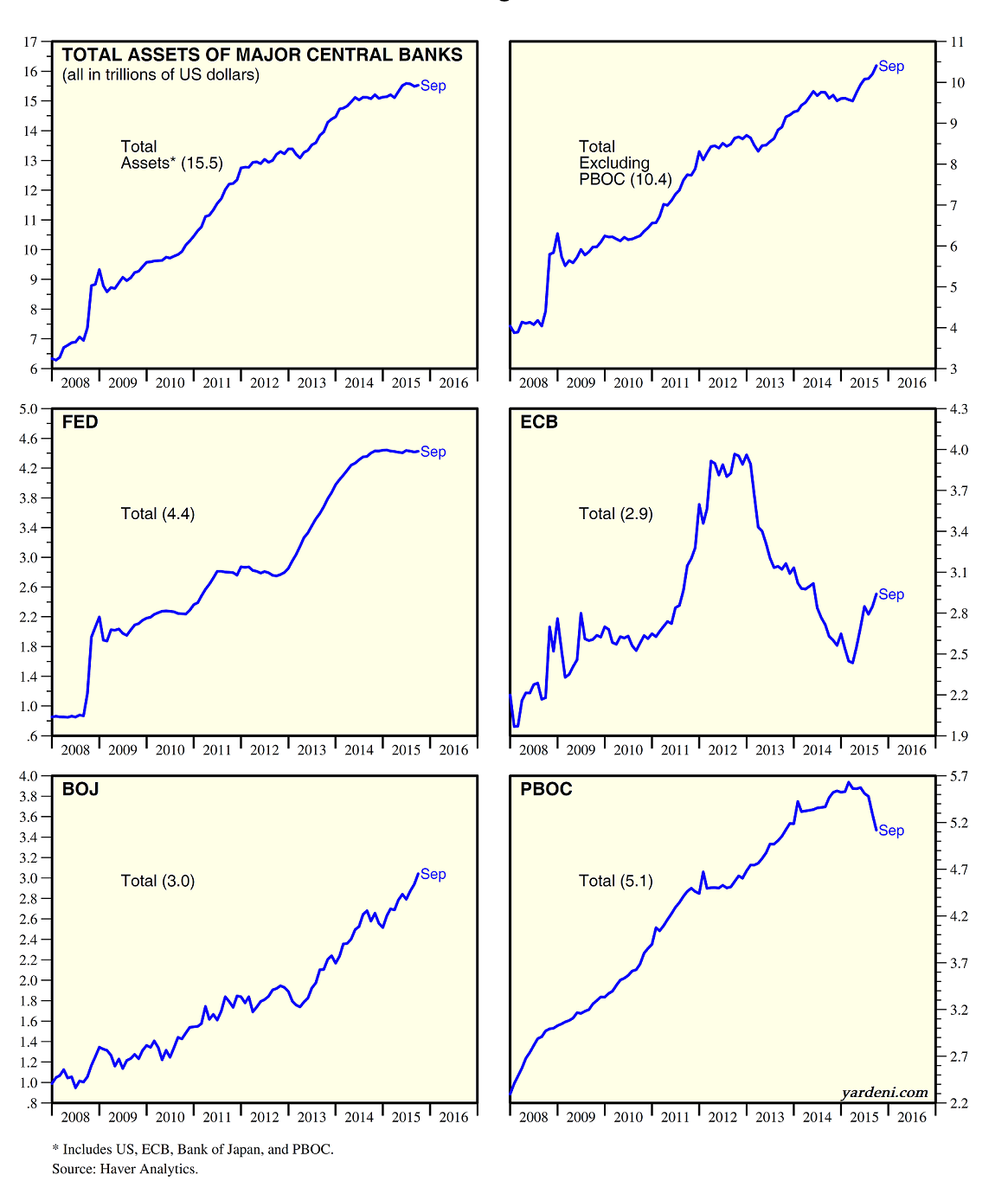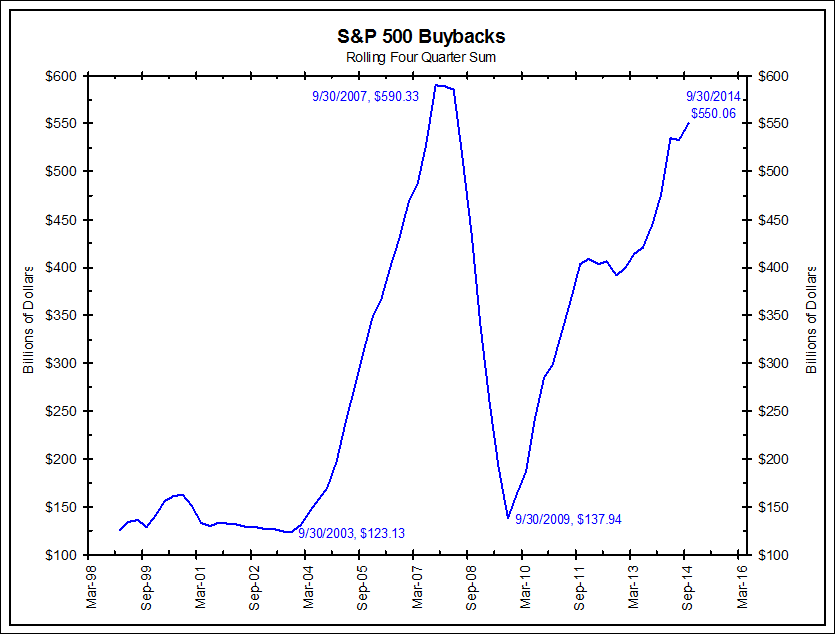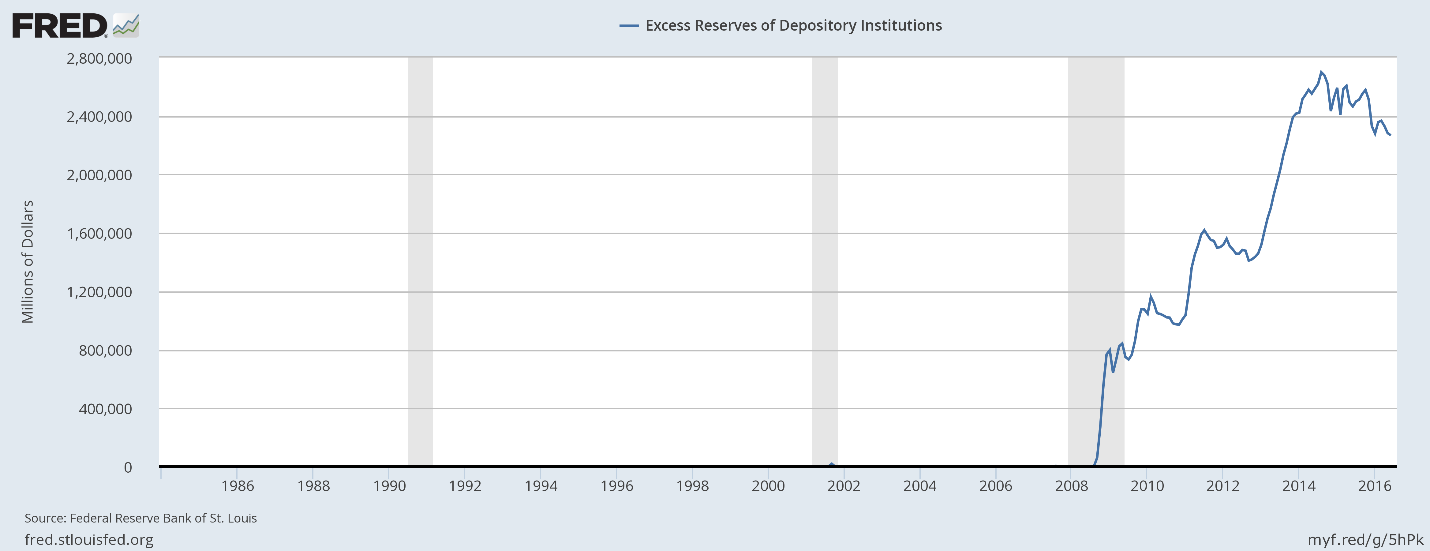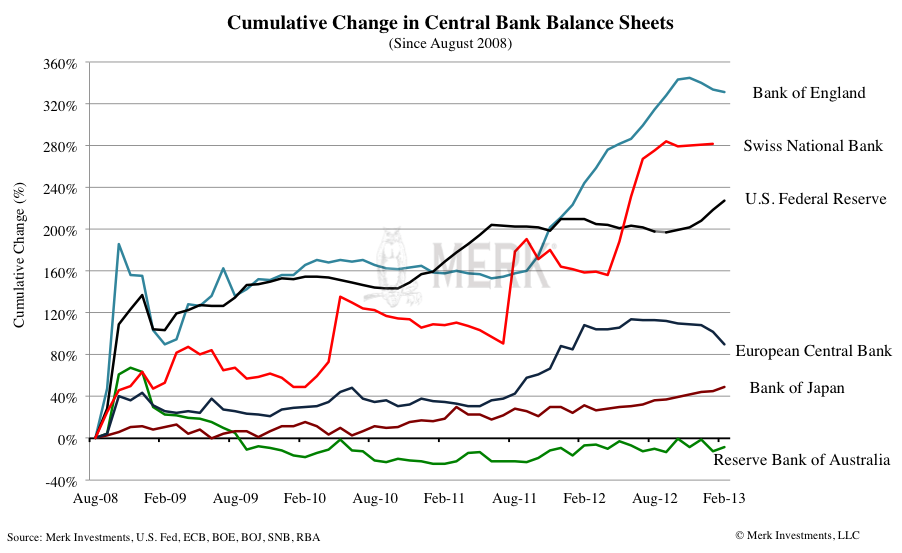All bubbles burst; the question is, when? “Quantitate Easing”, (QE), is much like an addiction. One needs more and more to get the initial effect, however this becomes an “asymptotic” result whereas eventually one needs an infinite amount that will no longer give a positive effect. So, now that QE has failed, I believe there will now be the introduction of “Helicopter Money”.
Global Central Bankers constantly continue to spend their way out of their “contracting economies”, which are now resulting in large ‘budget deficits’. The deficits that these policies have produced are “unsustainable”and have now created a new “fiscal crisis”within their countries. A second response has been to expand the Central Banks’ balance sheet as a way of providing liquidity to the private sector. These policies have also sent interest rates into “unprecedented” historical lows. European countries and Japan have sent their rates into ‘negative territory’ thereby reducing returns to fixed-income investors. Low interest rates have encouraged corporations to borrow more money but, in turn, harm the investors savings, for their future.
Implementation of these monetary policies temporarily assisted the economy so as to reduce the impact of a ‘new economic and financial crisis’ back in 2008. However, it was not the prudent policy to continue after everything became stabilized. The real solution was for an implementation of a new round of fiscal policies. This would have restructured the “debt” and allowed the global financial system to “Reset” itself. Unfortunately, we are currently sitting on a “ticking” time bomb in all of the ‘global financial markets’.
True GDP growth comes from increasing productivity and real employment and allocated resources for proper economic activity. Global Central Banks have been applying ‘monetary policies’ for so long now that they have become ‘reckless’ and never created an “exit plan”. They never created any real required economic growth. The Global Central Banks’ intervention, of over eight years ago now, was to be the initial response in preventing a “financial meltdown”, however, ‘monetary policy’ did not generate changes in productivity nor in the amount of economic resources that are required for any economy to expand. It is only the private sector that can generate the “economic growth” necessary to increase corporate profits and equity prices. As the size of the private sector shrinks, it becomes more difficult to generate growth within that economy.
"Earnings Management"
"Earnings Management" is the practice of attempting to intentionally bias ‘financial statements’ in order for them to appear better looking than they actually are. Managers, in fact, make their earnings appear better, as well as their incentives for manipulating earnings, which is calculated and misleading to the shareholders. There are ‘red flags’ for two different forms of revenue manipulation. One is manipulating earnings through aggressive revenue recognition practices, which is the most common reason that companies get in trouble with government regulators for their accounting practices. The other ‘red flag’ for manipulating earnings is through aggressive ‘expense recognition practices’ which is the second most common reason that companies get in trouble for their accounting practices.
Share buybacks allow companies to repurchase their own shares on the market. Why do those companies want to do this? The number of shares held by the public will be reduced, which will increase the earnings per share even if the total earnings are the same. The value of shares being traded will increase. It is valuable that a firm's manager buy back shares when it believes that the firm's stock is currently trading below its intrinsic value. Executive compensation is often tied to executives' ability to meet earnings per share targets. When it is difficult to meet the targets, the executives may repurchase shares in order to receive their executive or managerial bonuses.
Buybacks are not all created equal. The skills of the management in capital allocation and the culture of the company can make a difference in the outcome of the buybacks. Although buybacks are viewed as positive for stock prices, a lot of them happen at exactly the wrong time and destroy value for shareholders.
Take a look at the chart below. This is a real eye opener as it clearly shows how aggressive public-traded company executives are buying back shares to keep the earnings per share number high and cover up their lack of sales and growth. Eventually, this will come to an end as does everything.
Currently, buybacks are the same level reached before the last stock market top. I expect buybacks will end sooner than later, but the coverups will continue doing this as long as executives have capital to spend.

You should know how to spot and recognize ‘earnings management’ and get a more accurate picture of earnings so you will be able to spot the bad person(s) in finance reporting.
A variety of assumptions and accounting estimates are used in arriving at the final earnings figures. In assessing the health of a company, both lenders and investors, alike, almost always look at the quality of its’ earnings first. However, it is nearly impossible for a company to consistently report ‘stellar’ periodical earnings, over a lengthy period of time. This is because a company’s ‘business activities’ are affected by changes in economic cycles, seasonal changes, new legislation and other extraordinary events that occur.
In order to “normalize” the continuous succession of “ebbs and flows”, in financial results, which are characteristic of any typical business, company managers, more often than not, resort to a practice known as “earnings management”. “Earnings management” occurs when managers use judgment in ‘financial reporting’ and in ‘structuring transactions’ in order to alter financial reports so as to either mislead some stakeholders in regards to the underlying economic performance of a company or to influence contractual outcomes that depend on reported accounting numbers. In other words, earnings numbers are deliberately ‘manipulated’ by management for the purpose of meeting their company’s objectives, whatever that might be.
The Death Of Investing
Why is it that banks are holding so many excess reserves? What does the data tell us about current economic conditions and about bank lending behavior and practices? Some observers claim that the large increase in excess reserves implies that many of the policies introduced by the Federal Reserve, in response to the ‘financial crisis’, have been “ineffective”. Rather than promoting the flow of credit to firms and households, the data as shown in the chart below, indicates that the money lent to banks and other intermediaries by the Federal Reserve, since September of 2008, is simply sitting ‘idle’ in banks’ reserve accounts. The FED has been intentionally discouraging banks from lending to “Main Street”, which has increased unemployment and stalled out the economy.
There is a new crisis just around the corner known as 'The Long Wave Winter Of Discontent'.

Global governments have built up large debts, which far exceed their GDP. They have even larger future liabilities, in terms of pension and health care for retired workers. So how is it that investors can anticipate an increase in profits which are necessary to generate and maintain higher stock prices?

It is quite evident to me that it is because of these conditions that expectations of future corporate profitability will fall and that equities will experience a “substantial” decline, very shortly. This also means that unless the conditions, as cited above, change, ‘equity prices’ could be the same as they were in the early 1980s or lower.
Bill Gross, noted bond investor of Janus Capital Group Inc. stated that “investors should worry, for now, about the return of one's money, not the return on it. Our credit-based financial system is sputtering, and risk assets are reflecting that reality even if most players (including central banks) have little clue as to how the game is played," Global Central Banks have gone way too far!
Recently I have share some insight on new and fast growing type of money or asset class which removes the central banks from the entire equation. It’s just a matter of time before these assets explode in value and the FED/Central Banks are scrambling to gain control again.
Concluding Thoughts
In short, I have been talking/warning about the US stock market topping out for about a year now. This lengthy process is taking a long time to play out as most major market tops do, but each month we move closer to another life changing financial event for the global economy.
While I am not yet short the US stock market so that I can profit from falling prices, Myself and subscribers have been long bonds and precious metals for a while and enjoying the ride up.
Various markets are starting to become VERY interesting and huge opportunities are just around the corner.
